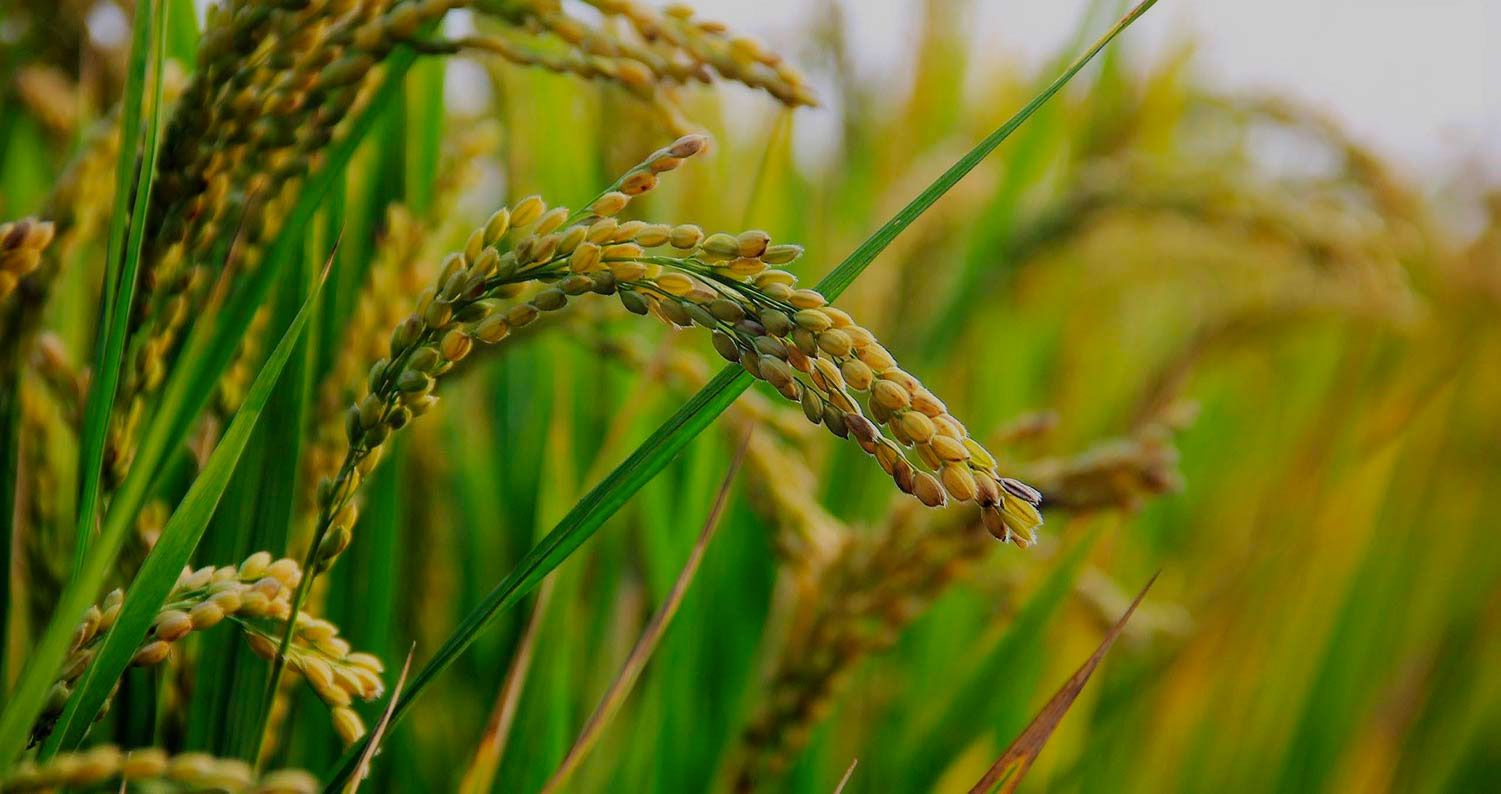Establishing broad-spectrum disease resistance in monocot crops via CRISPR genome editing
Project Overview
We are applying and improving CRISPR genome editing in rice and wheat to make desirable varieties of important crops with strong disease resistance.
To feed a rapidly growing human population, mitigate the effects of climate change, and engineer resistance to plant pathogens, we need new approaches to increase the speed and precision of crop varietal development. Over the course of nearly 10,000 years of agriculture, plant breeding has taken advantage of natural genetic diversity existing in crops through the development of traditional strategies, such as selective propagation and backcrossing to select for desirable traits in crops. These strategies, however, are limited by tremendous inputs of time, resources, and labor, and limited by issues of linkage drag.
Cas9 has emerged as a genome-editing tool of choice for precisely manipulating endogenous genes and integrating beneficial exogenous sequences without breeding crosses. We will carry out studies to understand the capabilities and limitations of CRISPR-mediated genome editing of rice and wheat genomic DNA, in vivo. We will carry out systematic manipulations of parameters to drive specific genome editing outcomes and develop a streamlined method to create beneficial and stable edits in crop plant genomes to address issues of food security.
One particular threat to food security is susceptibility to diseases. Rice blast, caused by the fungus Magnaporthe oryzae, causes substantial loss of annual rice harvests. Fortunately, natural genetic variation conferring total or partial resistance exists among the global rice gene pool. We will implement and multiplex our crop genome editing technology to introduce multiple naturally occurring resistance-conferring alleles to blast-susceptible elite rice and wheat cultivars to generate crops with vigorous and broad-spectrum resistance to disease.
Related news: IGI Researchers Awarded $3.2 Million to Address Wheat Crop Diseases
Principal Investigator
- Brian Staskawicz
Researchers
- Bastian Minkenberg
- Snigdha Poddar
- Eunyoung Seo
- Juliana de Lima Matos
Publications
Efficient isolation of protoplasts from rice calli with pause points and its application in transient gene expression and genome editing assays.
Poddar S, Tanaka J, Cate JHD, Staskawicz B, and Cho M-J. Plant Methods
